The difference between probiotics and prebiotics is that prebiotics feed the probiotics that live in your body. Prebiotics ferment inside your gastrointestinal (GI) tract, which in turn helps probiotics and other microorganisms grow and thrive.
You can get both prebiotics and probiotics from the foods you eat, and they both play an important role in your gut health and digestive health.
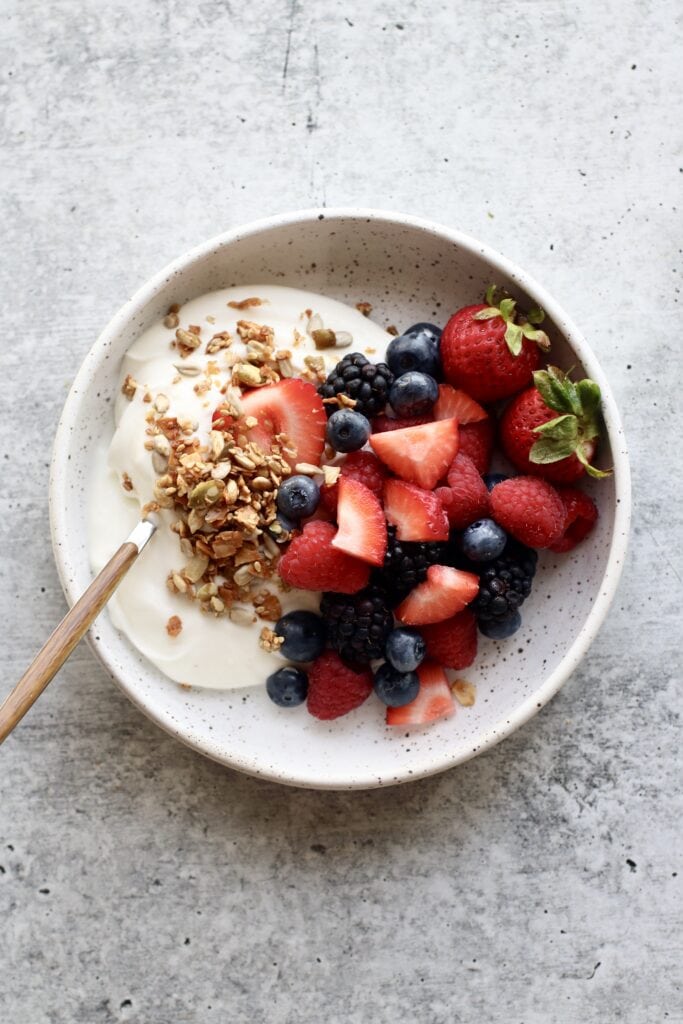
Want to save this page?
Enter your email below & we’ll send it straight to your inbox. Plus you’ll get great new recipes from us every week!
Prebiotics and probiotics are two components of your gut microbiome, which is the “community” of beneficial bacteria, yeasts, fungi, and parasites (yes, they’re alive, already inside of you, AND good for you!). There is a symbiosis between prebiotics and probiotics: The more prebiotic foods you eat, the more probiotics are able to thrive inside your gut microbiota. And the happier your gut microbiome is, the more health benefits you receive.
One key difference between prebiotics and probiotics is that probiotics are living organisms, whereas prebiotics are not living organisms. Remember, prebiotics don’t turn into probiotics, but they do help probiotics grow and thrive.
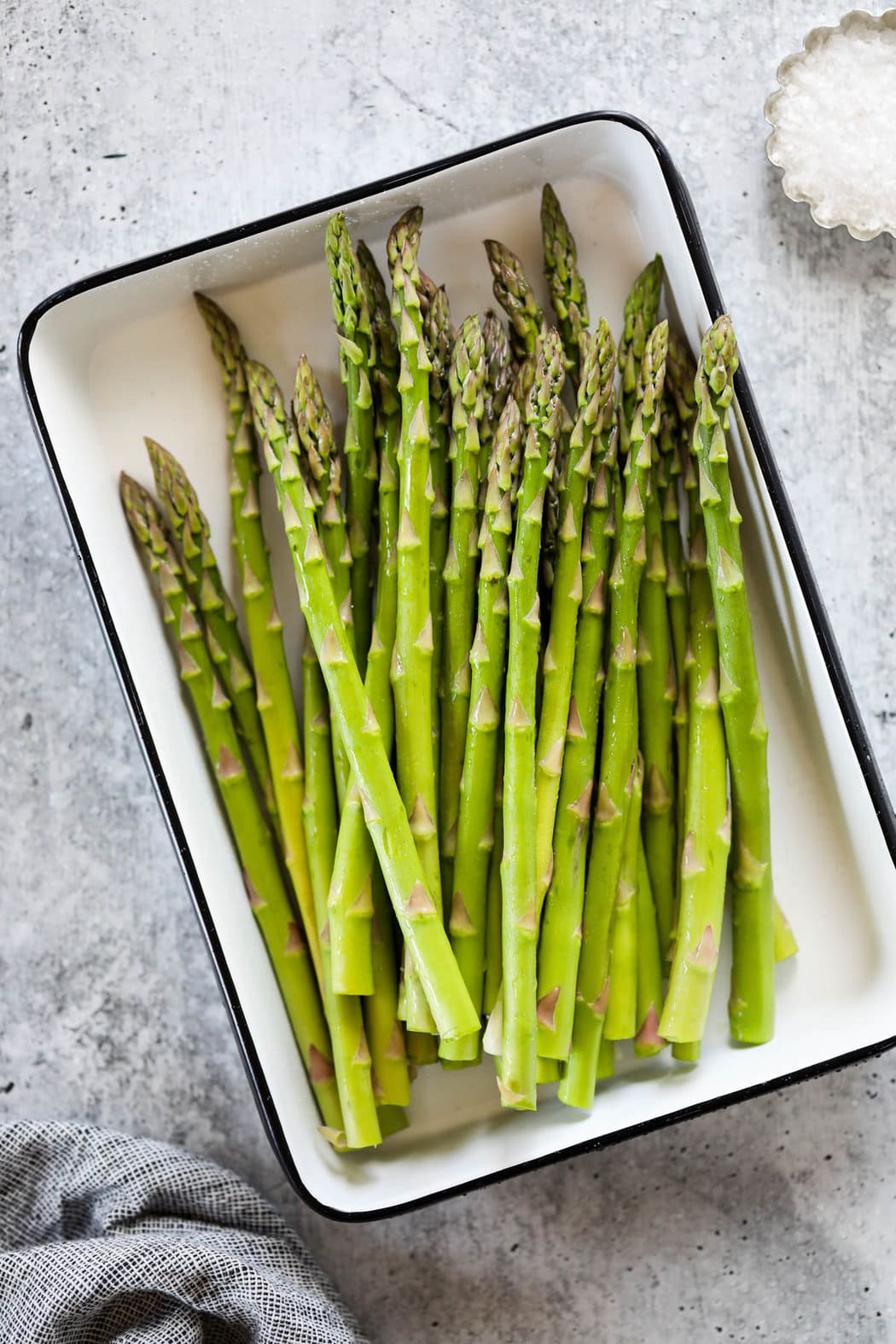
What Are Prebiotics?
Prebiotics are certain dietary fibers that serve as fuel for the good bacteria and probiotics that live in your digestive tract. While not all dietary fibers are prebiotics, all prebiotics are dietary fibers. There are many different types of fiber in foods, and the types of fibers that are most known as prebiotics are inulin, fructo-oligosaccharides (FOS), and galacto-oligosaccharides (GOS). Foods that are rich sources of these types of fiber are called prebiotic foods.
What Are Probiotics?
Probiotics are beneficial microbes that live in your digestive tract, from your mouth and stomach to your intestines and colon. They are trillions of live microorganisms, essentially an army of protective live bacteria and yeasts that keep you healthy, in part by outnumbering and counteracting any harmful bacteria, yeasts, parasites, or viruses in your body.
You can get more probiotics from probiotic-containing foods you eat, from supplements, and by eating more prebiotic foods. When eaten or taken as a supplement, probiotics need to survive a long digestive journey in order to thrive and colonize in your GI. The most common bacteria found in probiotic foods belong to strains called Lactobacillus and Bifidobacterium.
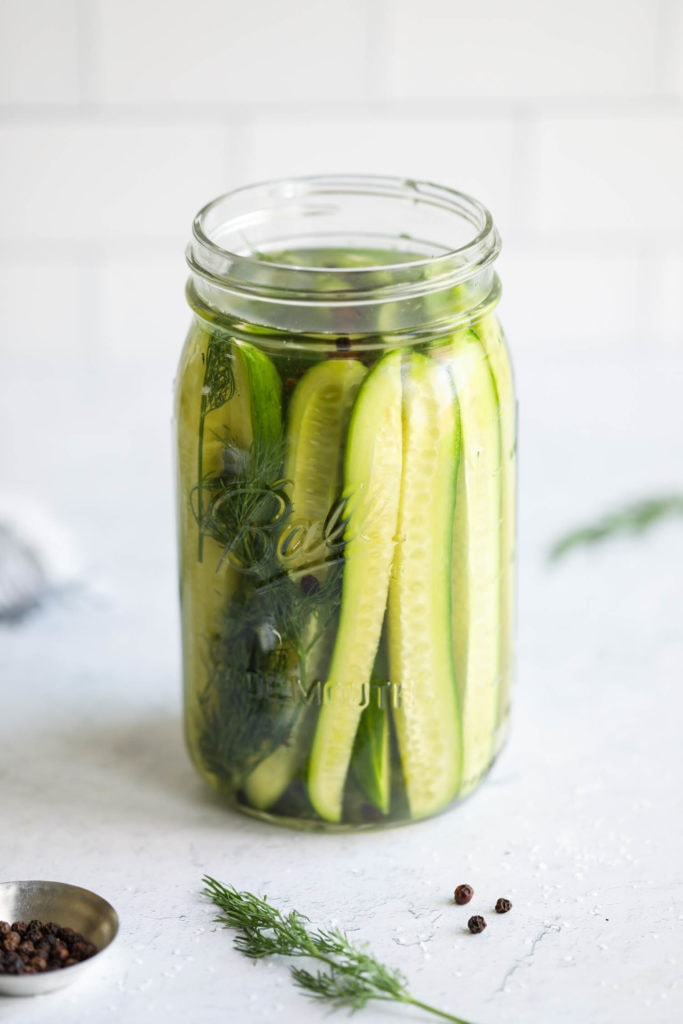
How Probiotics and Prebiotics Support Gut Health
Getting more food sources of prebiotic fiber and probiotic bacteria (or taking a prebiotic-probiotic supplement) offers plenty of gut health benefits and improvements to digestion, thanks to a strong gut microbiome. Some of the most notable benefits include:
- Regulating bowel movements
- Reducing instances of constipation, bloating, and diarrhea
- Boosting the immune system by creating short-chain fatty acids that line the cells of the colon and create a strong barrier that prevents harmful viruses and bacteria from entering the gut
- Promote healthy immune systems responses in the gastrointestinal tract and less chronic inflammation
More Health Benefits of Probiotics and Prebiotics
Research shows that the health effects of probiotics and prebiotics extend beyond gut health. Those are:
- Heart health and less inflammation: The breakdown and fermentation of prebiotics, as well as the production of probiotics in the gut, has been shown to produce important nutrients your body needs for cardiovascular health and lowering inflammation
- Better mental health: A flourishing gut microbiota could play an important role in improvement of mental health conditions, including depression, anxiety, and bipolar disorder, through the microbiota–gut–brain axis
- Weight loss: Probiotics and prebiotics may contribute to weight loss by suppressing appetite, reducing dietary fat absorption, and increasing the excretion of fat through stools. This happens through the production of short-chain fatty acids that are metabolized efficiently by the body.
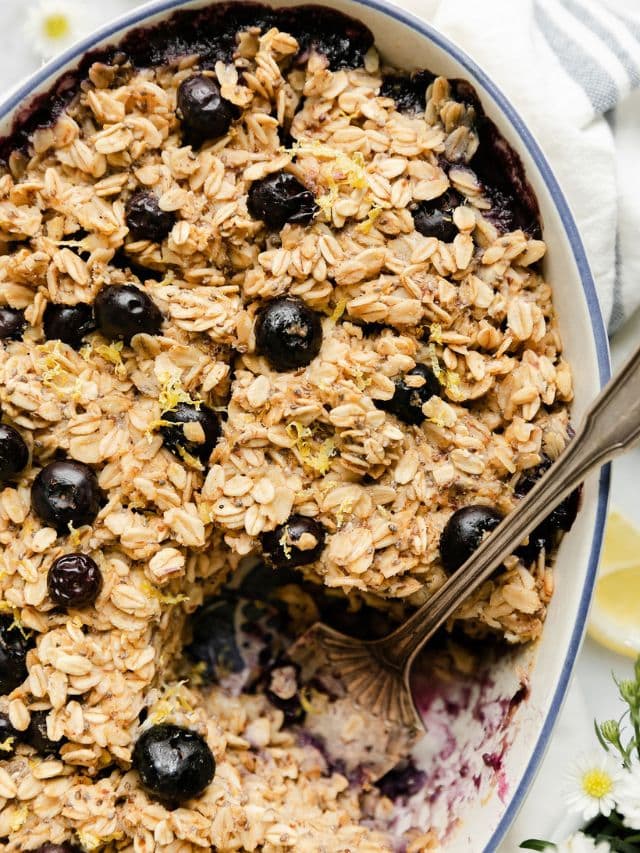
Prebiotic Foods List
Foods that are a good source of prebiotics are typically plant-based carbohydrate foods with high amounts of certain dietary fibers. The following foods are good sources of prebiotic fiber:
- legumes, including beans, lentils, soybeans, and peas
- aromatic vegetables like garlic, onions, and leeks
- many vegetables, including asparagus, jicama, and Jerusalem artichokes
- certain fruits, especially berries, bananas, and apples
- some whole grains, particularly barley, oats, and wheat bran
- nuts, including almonds, hazelnuts, pistachios, and
- seeds, including flax seeds and chia seeds
- chicory root and dandelion greens
One of the easiest ways to get more prebiotics is to increase the amount of high-fiber foods that you eat.
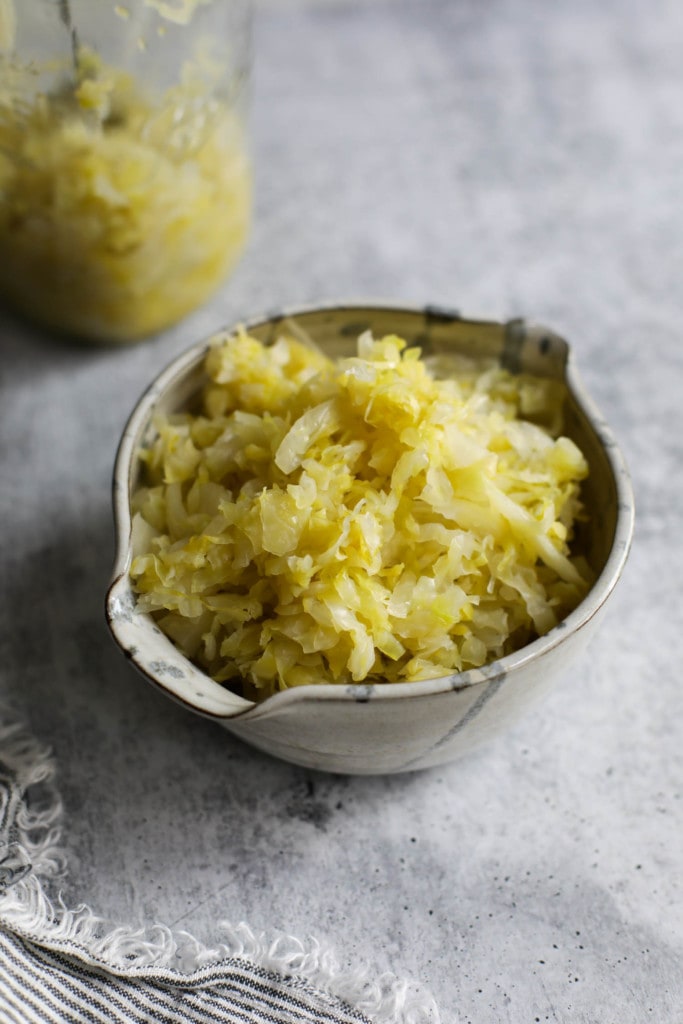
Probiotic Foods List
Fermented foods are well-known sources of probiotics. The process of fermentation (for example, how you turn cucumbers into pickles or turn cabbage into sauerkraut) creates live bacteria that gets ingested when you eat those foods. Learn more about the wide array of benefits from fermented foods in this article.
While not all fermented foods contain probiotics (for example, wine and beer are created through fermentation, but the alcohol kills off most of the healthy bacteria), many of them do, including:
- yogurt and kefir, especially those containing lactic acid bacteria, such as live Lactobacillus strains
- kombucha
- kimchi
- sauerkraut, especially homemade or fresh sauerkraut sold in the refrigerated section
- pickled vegetables and fruits, such as fermented carrots and preserved lemons
- fermented soybean foods, such as tempeh, miso, and natto
- some cheeses, such as cottage cheese, Swiss, provolone, Gouda, Gruyère, and cheddar. To find cheeses that contain probiotics, look for the words “live cultures” or “active cultures” on food labels. Probiotics can occur in both soft and hard cheeses that have been aged but not heated afterwards
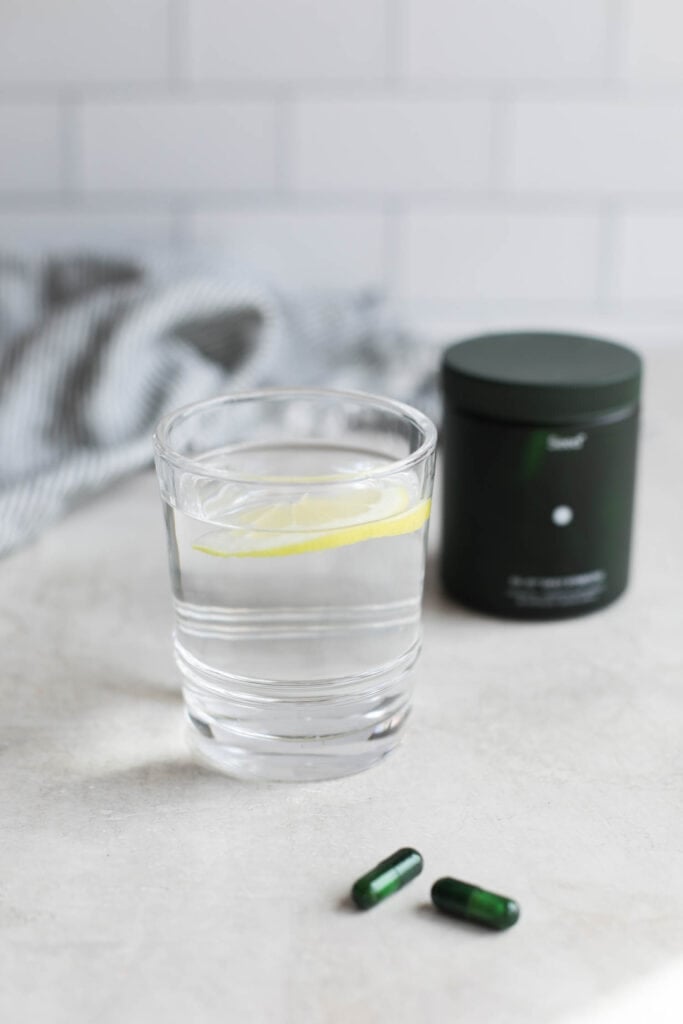
Should You Take a Probiotic or Prebiotic Supplement?
Taking a probiotic supplement, prebiotic supplement, or fiber supplement can be a good way to support the health of your gut microbiome and your overall digestive health. A synbiotic, which is a prebiotic and probiotic together, could also be a solution (see this review of a popular synbiotic by our team of dietitians). However, a gut health supplement is not necessary for everyone. Here are some pros and cons to consider:
Pros
- Can help regulate and improve digestion
- Boosts overall immunity and wellness against infection
- May be especially beneficial for people who suffer from chronic poor digestion, inflammatory bowel disease, or irritable bowel syndrome (IBS)
- May be beneficial for people who suffer from bacterial or yeast infections, urinary tract infections, or gum disease
- May improve cardiovascular health by lowering inflammation, reducing cholesterol, and improving mineral absorption
Cons
- May not be necessary if you eat a nutritious and varied diet with plenty of plant-based fiber foods and fermented foods
- Not all supplements are created equally, and some don’t contain beneficial strains or enzymes that help probiotics survive
- Quality supplements can be expensive
- When first starting a probiotic or prebiotic supplement, some people experience side effects such as temporary digestive discomfort, headaches, or bloating
It’s a good idea to always talk with your healthcare provider before starting a new supplement routine.
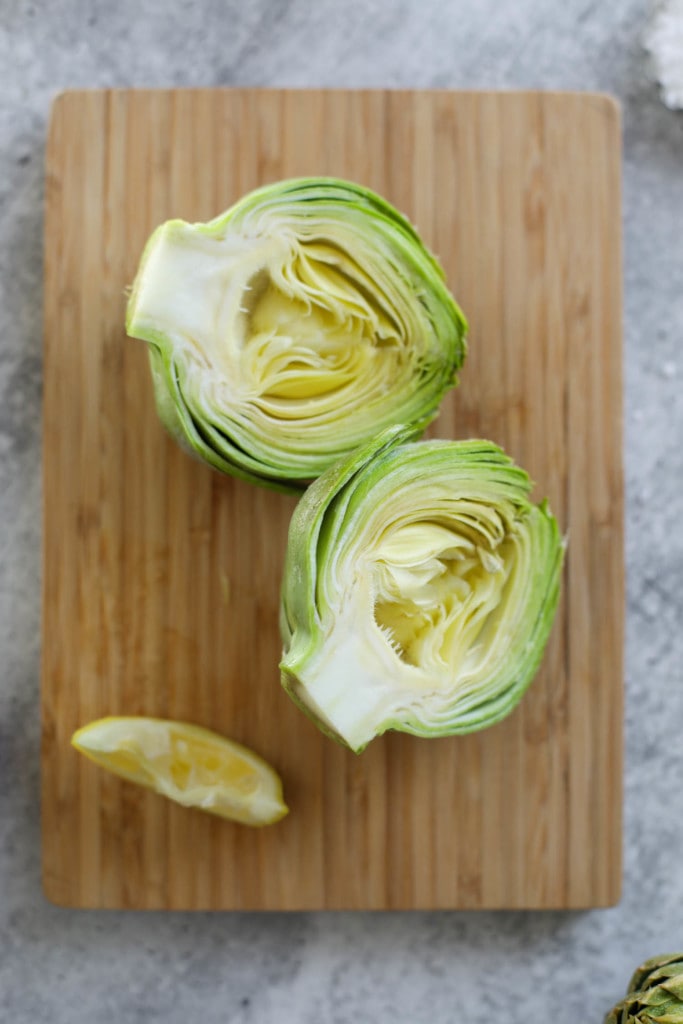
Frequently Asked Questions
The good bacteria and microorganisms that live in your gut are known as your gut microbiome, where prebiotics (non-digestible fibers) are fermented into food for probiotics (commensal bacteria).
The helpful “bugs” live in your intestinal tract, where they produce vitamins and short-chain fatty acids that feed and nurture nonpathogenic (non-disease-causing) bacteria that aid digestion. They help break down the foods you eat and have been linked to other helpful actions. Those include preventing infection, supporting your immune system, and reducing chronic inflammation.
The foods you eat have a positive, neutral, or negative effect on the amount and types of gut bacteria. Foods that have a positive effect help build a strong microbiome. Those include prebiotics, probiotics, fiber, omega-3 fatty acids, and polyphenols (strong antioxidants).
Some foods that disrupt a healthy gut environment are those high in sugars and saturated fat. A high-sugar and high-fat diet has been linked to gut permeability and increased susceptibility to disease, allowing harmful substances to enter the GI tract.
Additionally, taking antibiotics, especially long-term, disrupts the overall health of the gut microbiome. It is important to eat more prebiotic and probiotic foods once you are done taking an antibiotic.
Yes, absolutely! Taking probiotics and prebiotics at the same time is a great way to reap the gut health benefits, because they literally feed off each other. Many supplements now combine prebiotics with probiotics so you don’t have to keep track of two different things to take. These are called synbiotics.
The main nutrients linked to a healthier gut are prebiotics, probiotics, fiber, omega-3 fatty acids, and polyphenols.
Prebiotic-rich foods are typically plant-based foods that are high in certain types of fiber, such as inulin (think … legumes, vegetables, whole grains, nuts, and seeds). Probiotic foods are fermented foods that contain live bacteria (yogurt, kefir, sauerkraut, and pickles, for example).
Fiber is found in high amounts in beans, whole grains, certain fruits and vegetables, avocado, and seeds. Omega-3 fatty acids come mostly from fatty fish (salmon, mackerel, tuna, herring), as well as nuts and seeds. Foods with high amounts of polyphenols, a powerful type of antioxidant, include berries, stone fruit, apples, black olives, dark chocolate, black tea, coffee, and nuts.
Probiotics and prebiotics may both contribute to weight loss. When the gut ferments prebiotic fiber, which feeds probiotic production, short-chain fatty acids are produced. These are metabolized efficiently by the body and linked to reduced appetite, reducing dietary fat absorption, and increased excretion of fat through stools.
For ultimate success, we highly recommend reading the tips in the full blog post above. All photos and content are copyright protected. Please do not use our photos without prior written permission. If you wish to republish a recipe, please rewrite the recipe in your own unique words. Link back to the source recipe here on The Real Food Dietitians. Thank you!
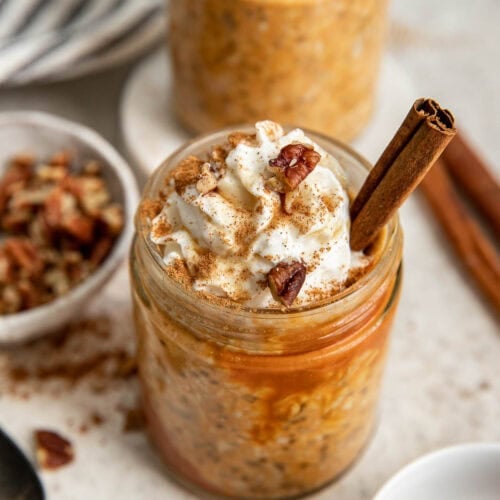
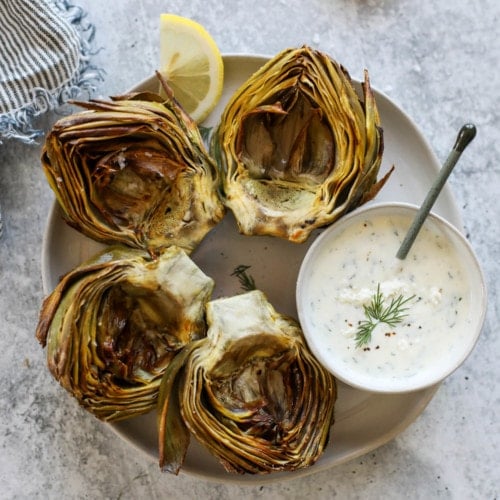
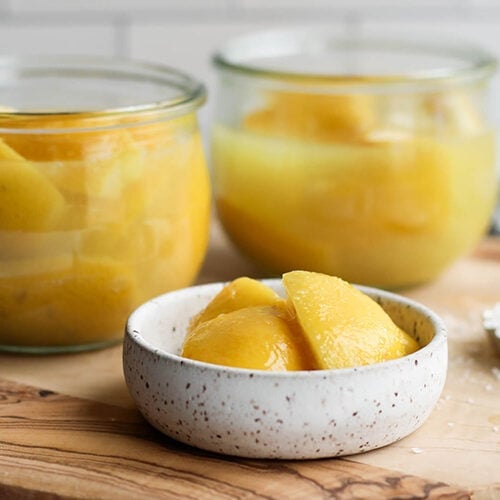


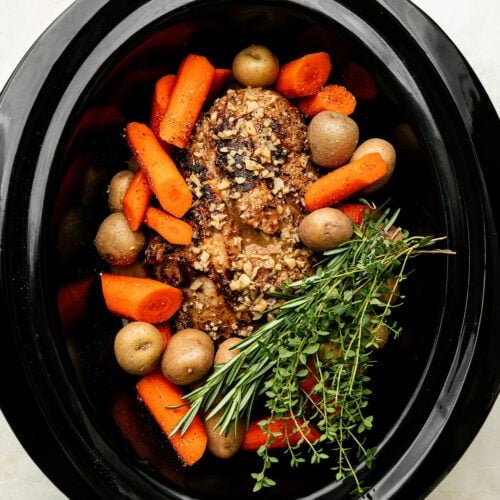
Does natural apple cider vinegar help our gut health in any way?
Hi Lezlie, yes we wrote a post that explains the best way to use apple cider vinegar for digestive health: https://therealfooddietitians.com/ways-to-support-digestive-health/